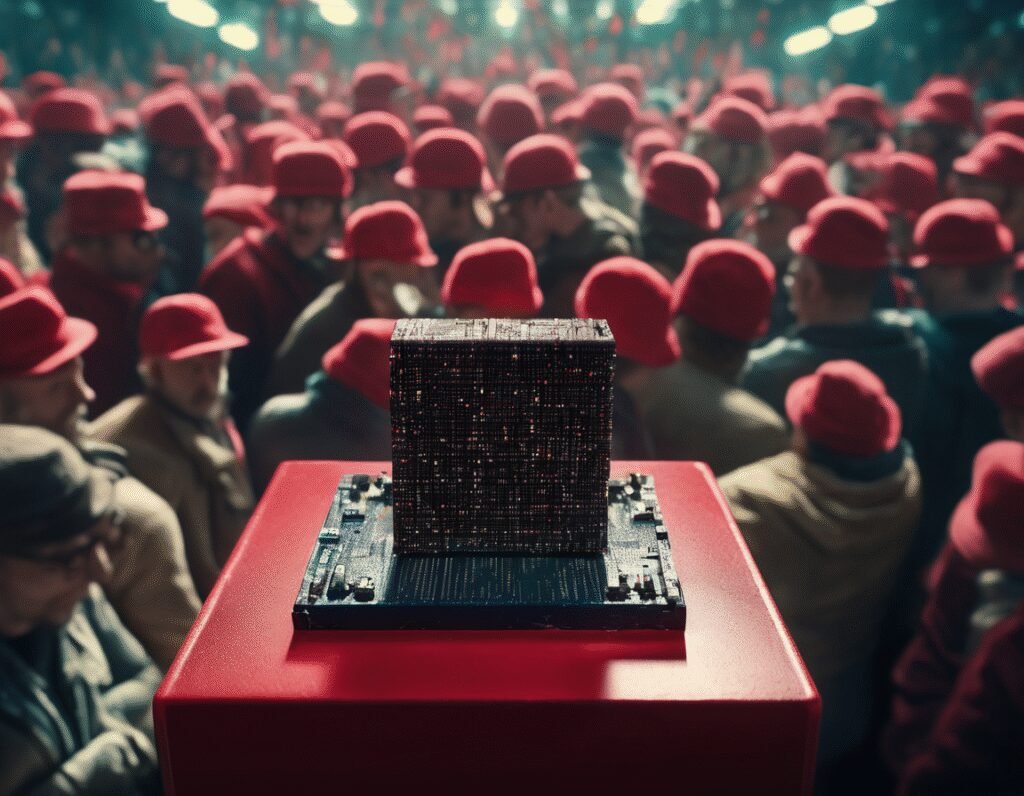Trump Supporters Turn on President Over AI Obsession
The political landscape in the United States is famously divided along partisan lines, but a new and unexpected rift has emerged. This schism is not between Democrats and Republicans, but is instead splitting the far-right base of former President Donald Trump. The point of contention is Trump’s enthusiastic embrace of artificial intelligence, a stance that has put him at odds with some of his most vocal supporters.
The conflict ignited following the release of Trump’s AI Action Plan this past summer. The plan is a broad strategy document from his administration that pushes for rapid acceleration in American AI development. A central pillar of the proposal involves a significant reduction in government regulation, aiming to remove barriers that could slow down innovation and allow the United States to compete more aggressively on the global stage, particularly against China.
This push for deregulation and technological dominance, however, has not been met with universal praise from Trump’s allies. Instead, it has drawn sharp criticism from a faction of his base that is deeply skeptical of emerging technologies. Prominent far-right figures, including media personalities and lawmakers, have publicly condemned the president’s focus on AI.
Their criticisms are rooted in a combination of conspiracy theories and genuine concerns about the societal impact of automation. Some argue that a focus on AI is a distraction from what they see as more pressing cultural and political issues. Others express a fear that advanced AI represents an existential threat, potentially leading to a loss of American jobs or even a scenario where machines gain uncontrollable power. There is a pervasive distrust of major tech companies, which are seen as politically biased adversaries, and a belief that empowering these entities with advanced AI could be dangerous.
This backlash highlights a fascinating paradox within modern political movements. The same groups that often champion deregulation and American economic supremacy are now finding themselves at odds with a policy that promotes exactly those things, simply because of the specific technology involved. It underscores that political identity is increasingly driven by cultural sentiment rather than purely economic or policy-based ideals. For these supporters, opposition to AI is a core part of a worldview that is wary of globalist agendas and rapid technological change.
The internal debate signals a growing tension that extends beyond typical partisan politics. It shows that the path forward for transformative technologies like AI will not be a simple battle between innovation and caution. The discussion is becoming entangled with complex cultural and ideological beliefs, creating strange bedfellows and unexpected opposition. As AI continues to develop at a breakneck pace, this clash between a pro-tech policy agenda and a tech-skeptical political base is likely to become more pronounced, shaping not only the future of technology but also the dynamics of political coalitions themselves.

